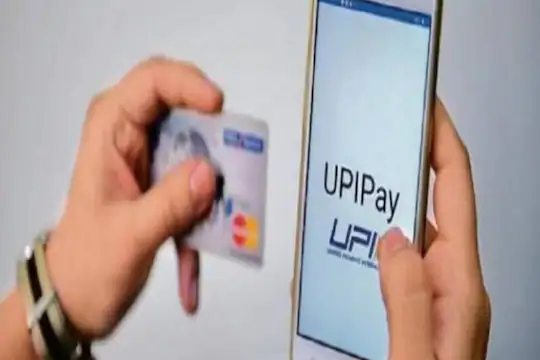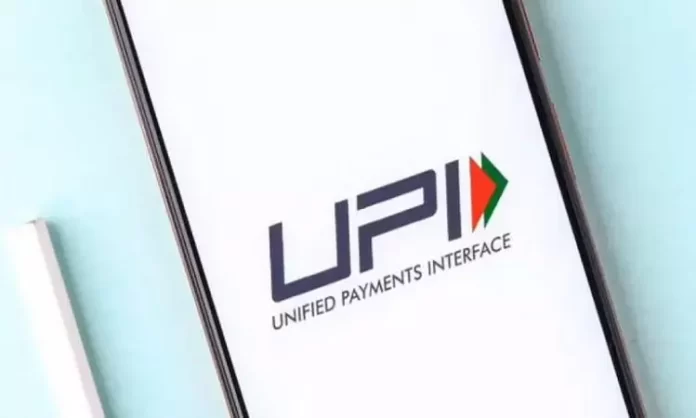Be cautious if you make all of your payments through UPI. The central bank is thinking of charging a fee for each UPI transaction.
In India, the Unified Payments Interface, or UPI, has grown in popularity. UPI, a digital payment option that was initially presented as a substitute for card payments, is now usable outside of India. It immediately got popular due to the speedy payment settlement, and one of the things that made it popular was the fact that there is no cost for the user to use this. This regulation, though, might change soon. The Reserve Bank of India (RBI) is considering charging for UPI transactions. If you exclusively use UPI for transactions, you need to be aware of the new approach taken by the RBI.
UPI should charge the same as IMPS for fund transfer
According to the RBI’s most recent proposal, “Discussion Paper on Charges in Payment System,” the bank is considering charging a fee for each financial transaction carried out through the UPI system. Its objective is to determine whether the expense of creating and maintaining the UPI system can be recouped. UPI should theoretically charge the same price as IMPS because, in accordance with the RBI, fund transfers done through UPI are identical to those made through IMPS (Instant Payment Service).
What the RBI has recommended in its proposal
The RBI suggested that a tiered fee structure based on different amount brackets might apply to UPI payments. According to the central bank, UPI is a fund transfer mechanism that permits real-time money movement. As a merchant payment system, it provides fund settlement in real-time as opposed to the T+N period for cards. This Agreement between the Participating Banks requires a PSO for the Deferred Net Basis.
There doesn’t seem to be any justification for free service: RBI
To put it another way, banks must set up enough tools to aid PSOs in managing settlement risk. It uses a lot of resources and investment banks as a result, raising costs. RBI wants to be reimbursed by the customers. Unless there is a component of the infrastructure being dedicated to the public benefit and the welfare of the nation, the RBI stated, “There does not appear to be any rationale for free service, in any economic activity, including the payment system.”
To put it another way, banks must set up enough tools to aid PSOs in managing settlement risk. It uses a lot of resources and investment banks as a result, raising costs. RBI wants to be reimbursed by the customers. Unless there is a component of the infrastructure being dedicated to the public benefit and the welfare of the nation, the RBI stated, “There does not appear to be any rationale for free service, in any economic activity, including the payment system.”
RBI also plans to charge a fee for debit card transactions.

But by asking who will pay for those costs in the article, RBI subtly implies that everyone should. “Who should shoulder the expense of setting up and running such infrastructure is a key issue,” the RBI wrote in its report. Debit card transactions are currently free, but the paper talks paying back the expenses incurred in constructing the entire payment system, therefore the RBI wants to levy a predetermined charge on them.


